Turning rejected fruit into health-boosting ingredients
Bananas, pineapples and papayas deemed less than perfect for supermarket shelves are making their way to the wellbeing industry – and even the catwalk, an initiative by Dole Specialty Ingredients (DSI).
19 September 2024
Share this exclusive content from Saladplate
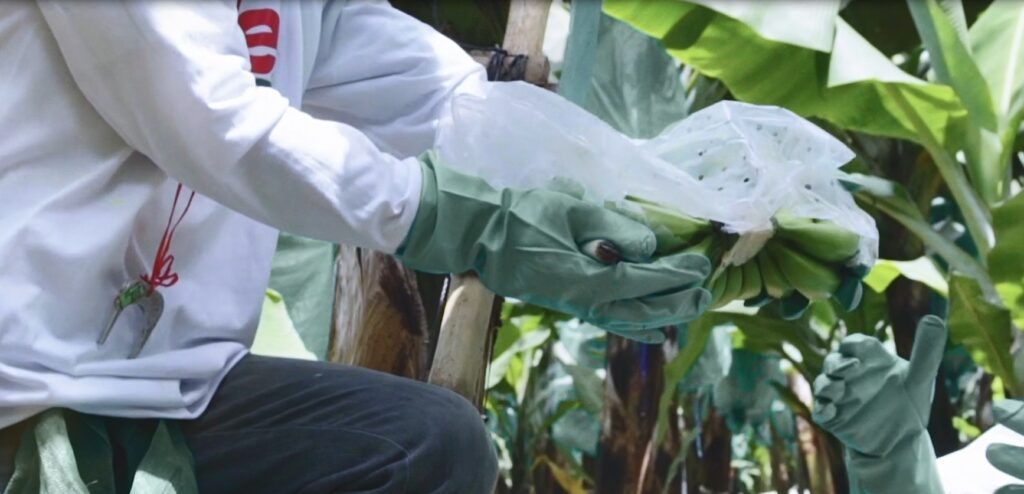
Photo Credit: Dole Asia Holdings
The banana is one of the world’s most-grown fruits. Anywhere from 15-20 per cent that are perfect for consumption never make it to market. Rejected for reasons as simple as an extra finger in a bunch.
Green bananas are at their most nutritionally dense at the point of picking. Dole Specialty Ingredients (DSI), a B2B business unit under Dole Asia Holdings headquartered in Singapore, producer and marketer of fresh fruit and packaged food products, takes ‘at risk’ bananas and turns them into Green Banana Powder.
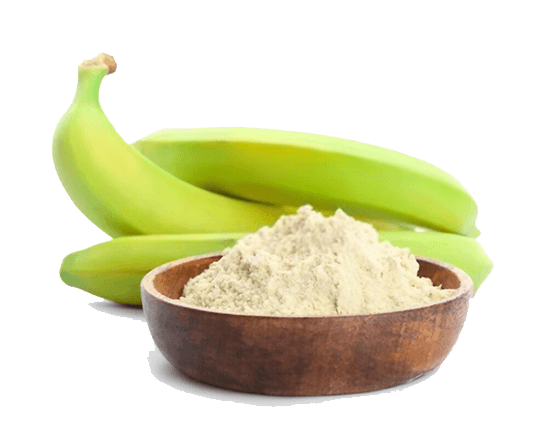
Dole’s Green Banana Powder | Photo Credit: Dole Asia Holdings
This banana powder is naturally rich in resistant starch, which aids in better gut health and improved maintenance of the digestive system.
Green banana powder is just one of several products that the company produces to ensure “no fruit is left behind”.
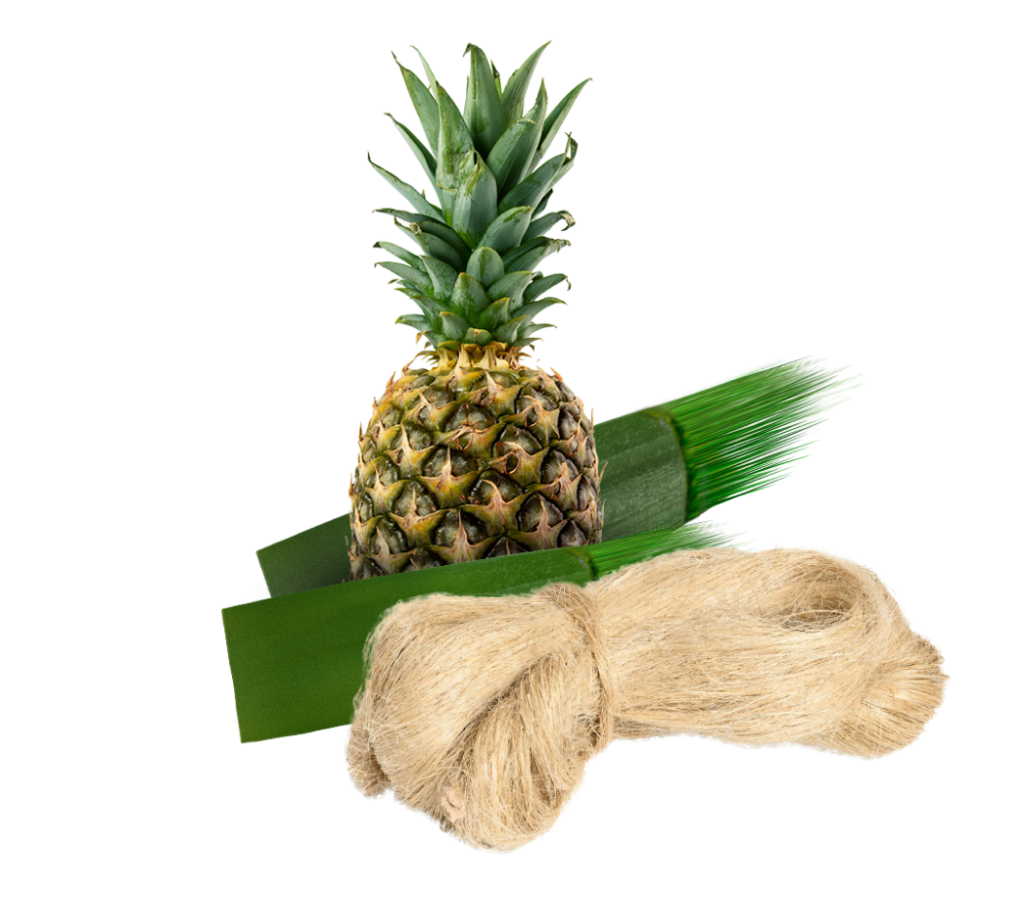
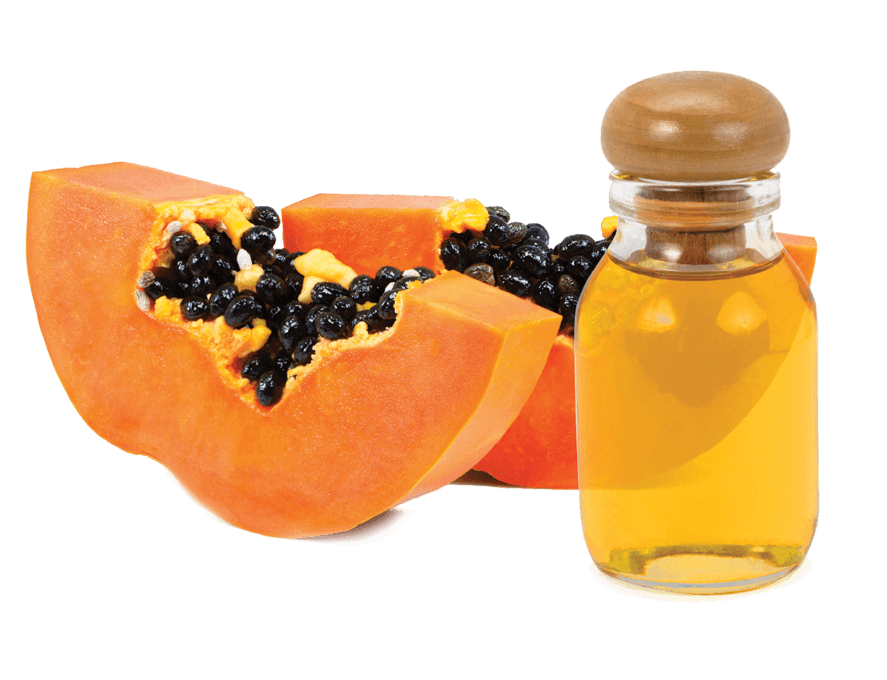
DSI produces several wellness products that help to ensure “no fruit is left behind”. | Photo Credit: Dole Asia Holdings
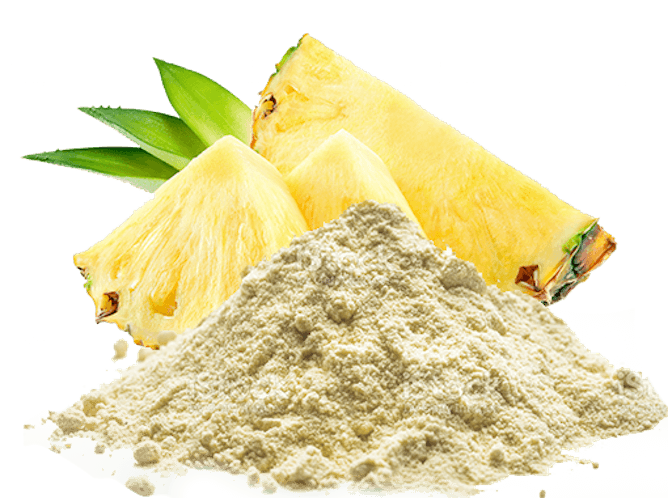
Dole’s Pineapple Extract Powder | Photo Credit: Dole Asia Holdings
DSI’s pineapple extract powder (prebiotic ingredient) was on the menu at a recent Menu 2034 event by data analysts Synthesis, which explores how population growth and climate change will reshape diets in the next decade.
Several years in the planning, DSI, headquartered in Singapore, has been active since 2023, with Mindanao in the Philippines as the first test production site. The company plans to roll out the same model in its other farms and processing facilities in Thailand and Sierra Leone.
“We made some promises to our stakeholders where we were looking into a reduction in sugar, improved packaging and other sustainability-related initiatives within our operations,” explains Hassan Jamil, Senior Business development and strategy Manager at DSI.
“One was zero fruit waste, or no fruit left behind on our farms. Dole Specialty Ingredients (DSI) was originally the business unit taking care of the industrial or ingredient business. And that’s where we were given the opportunity, or rather the front seat, to come up with added value strategies. One of the biggest side streams in our operations comes from fresh fruit rejected in the farm itself.”
“In The Philippines, the three biggest fruits we grow are pineapple, banana and papaya,” he adds. “Pineapple and banana probably make up 80 per cent of our supply chain globally. So, we are focusing on the side streams coming from these three fruits.
“We have fresh fruit from our farms and processing facilities where we produce canned fruits and juices amongst others. We get side streams like seeds or peels or pressed pulp. We’re trying to utilise everything.”
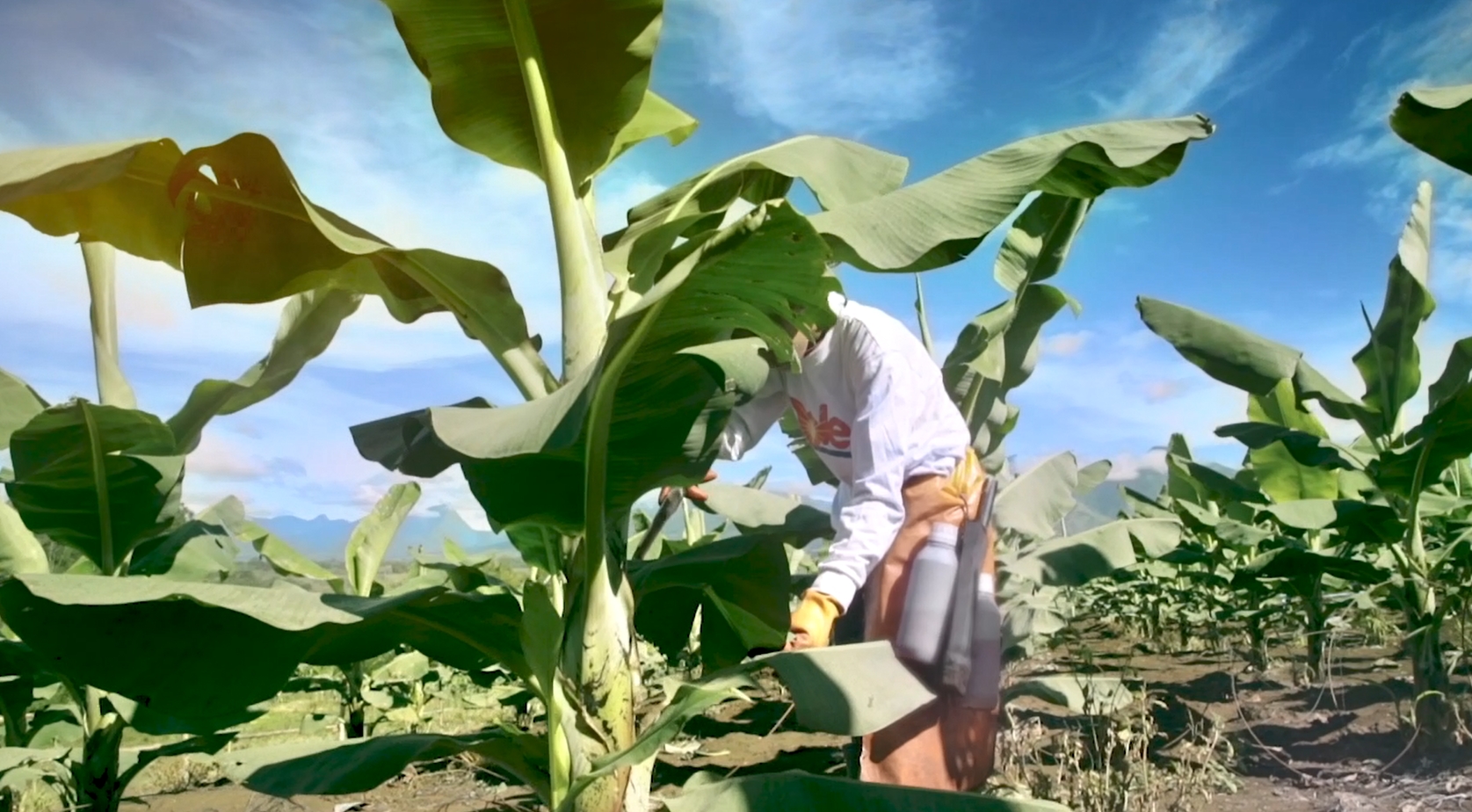
Photo Credit: Dole Asia Holdings
Upcycling fruit waste into a value product is not limited to the food sector. Plant feed, textiles and even cosmetics are potential areas that are being explored for the use of these side streams.
Pineapple leaves could be the next big thing for the fashion industry. They can be used to create vegan ‘leather’ or processed into a fibre for textile manufacture.
“It’s a raw fibre you can process into yarn for different applications,” says Wei Tze Ooi, Managing Director of DSI. “For pineapple leaf fibre, we work very closely with co-ops in The Philippines. Our current setup is very labour intensive, but at the same time, it does create additional economic opportunities as well.”
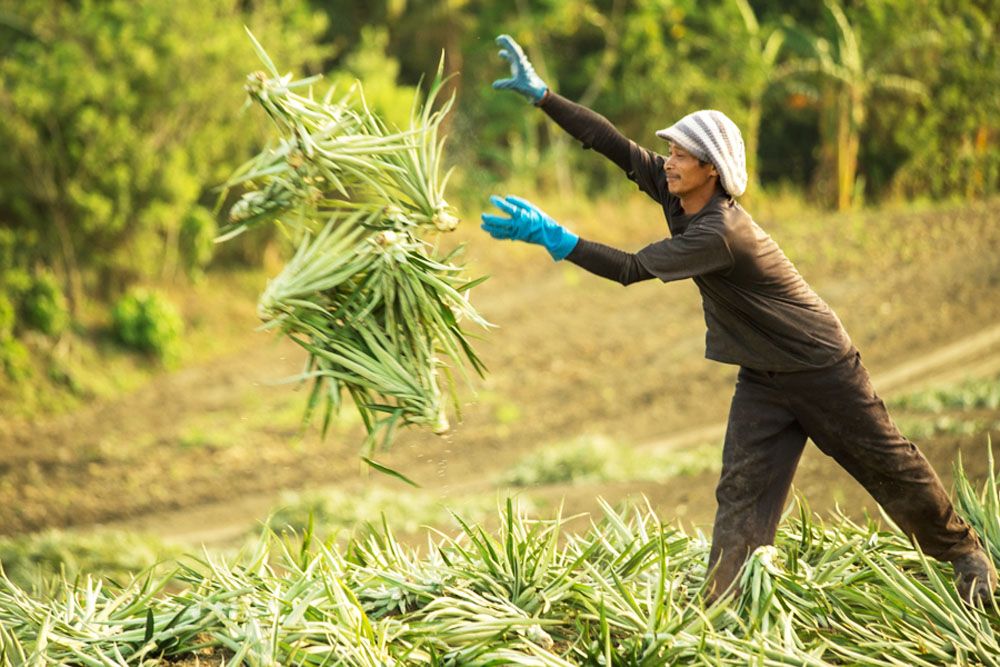
Photo Credit: Dole Asia Holdings
Creating these new products has led to the creation of additional jobs in the Philippines in the first year of commercialisation. Currently, Dole only upcycles fruit from its farms, but the hope in the future is to help small farmers upcycle their waste, too.
The eventual goal is zero fruit waste. Across many sectors, from conveyor to catwalk, everything is being done to ensure no fruit is left behind.
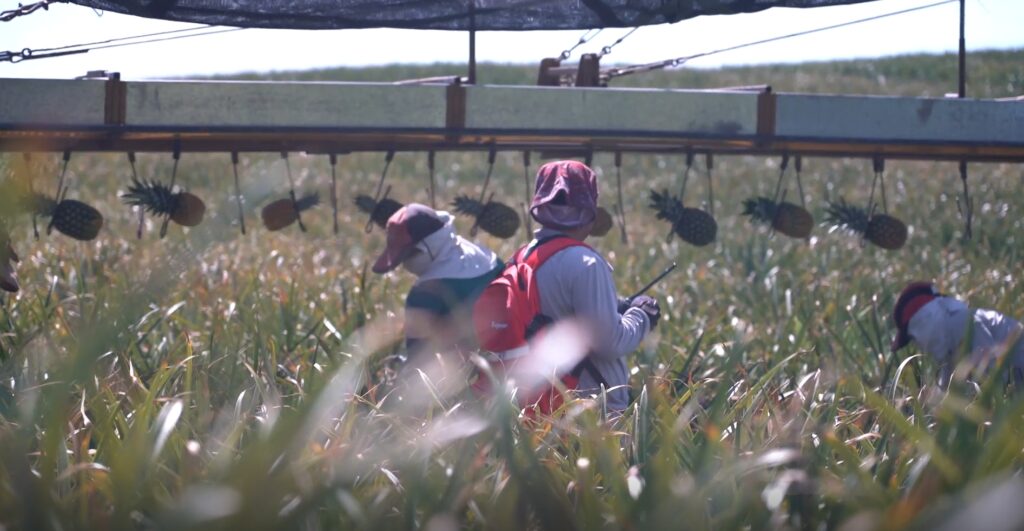
Photo Credit: Dole Asia Holdings
Author: Alison Marshall
Alison Marshall is a seasoned journalist, writer, and editor with over 30 years of experience in print and digital media across global markets covering sectors from hospitality to finance. A Brit by birth she has lived in Singapore since 2008, a country which continues to fascinate. In her free time, she enjoys cooking and cocktails and loves a local market wherever she travels.



